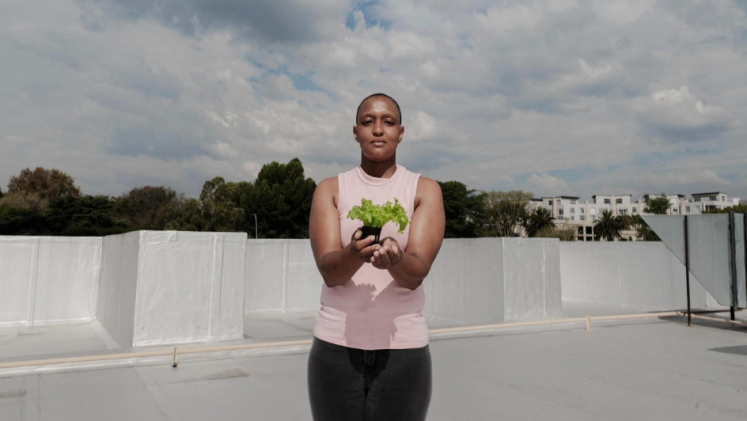In many places of the world, women are confronted with challenges in pursuit of a career. In Africa, women face specific challenges in gaining a foothold in green startups, a recent study led by UNU-VIE’s Pan African Cooperation and Educational Technologies (PACET) department finds.
To put it into context: when it comes to access to finance, only 3 per cent of venture capital investments in Africa go to women-led startups. Addressing such a gap underscores the aim of the report. In addition to financial access, other key barriers African women-led startups experience are: access to the market due to gender biases and stereotypes, access to support networks, cultural norms and gender role expectations and policy challenges. In the early stages of establishing a startup, access to markets and financing is crucial. Here, a lack of market information and seed funding are significant barriers. “I feel there is a ceiling when it comes to funding women led green businesses,” said one of the women interviewed by researchers. “I think my business will significantly grow in the next 5 years or so, but I am not sure if I have the right skills and capabilities to take it to that level,” said another, indicating that other challenges have to do with self-perception. Such a limiting belief is rooted in cultural and societal norms that perceive women as unequal, less able and reinforce expectations to fulfil traditional roles and domestic responsibilities. “These beliefs are deeply entrenched and carry disproportionate burdens on women,” says Erick Tambo, Head of PACET. The effects of this have seeped into education, especially STEM fields.
Hope is not lost, however. Identifying barriers also uncovered opportunities to address the needs of women entrepreneurs and foster more responsive ecosystems. “Our research has an active role to play in finding solutions and support models,” says Tambo.
“One of the best examples is to tailor support packages such as cash injections, mentoring, coaching and networks to their needs,” says Tarisai Kanyepi, a researcher within PACET working on Greenovations, the project the study was a part of. “That starts with mentorship from women role-models and green leaders, who can encourage more women to enter the sector and share experiences.”
The number of women in STEM fields is growing and networks are popping up across the African continent. Such a sign is positive, as funders and investors are encouraged to pay more attention to female entrepreneurs. “Increased exposure and opportunities to engage with investors is among the things that can really help women to break through,” says Kanyepi. “It helps entrepreneurs build confidence and investors to reduce biases.”
Financial institutions and firms need to become more responsive too. When more women are in decision-making roles, they have a greater ability to advocate for their interests and address barriers effectively. “Here lies a great opportunity, as financial products and support services do not often meet the needs of women,” says Kanyepi. “The ultimate goal is for more women to be funders and investors themselves.”
Though much work is needed to be done, the opportunities for green entrepreneurship have yet to be fully realized. “The green sector is still emerging and women are motivated,” says Kanyepi. “When women are empowered, it has ripple effects on society as a whole.”
More information on Greenovations can be found here.

